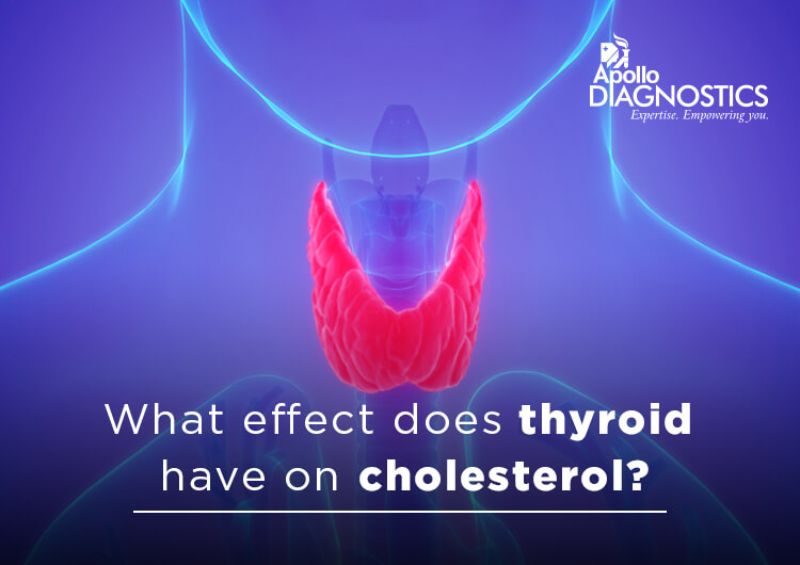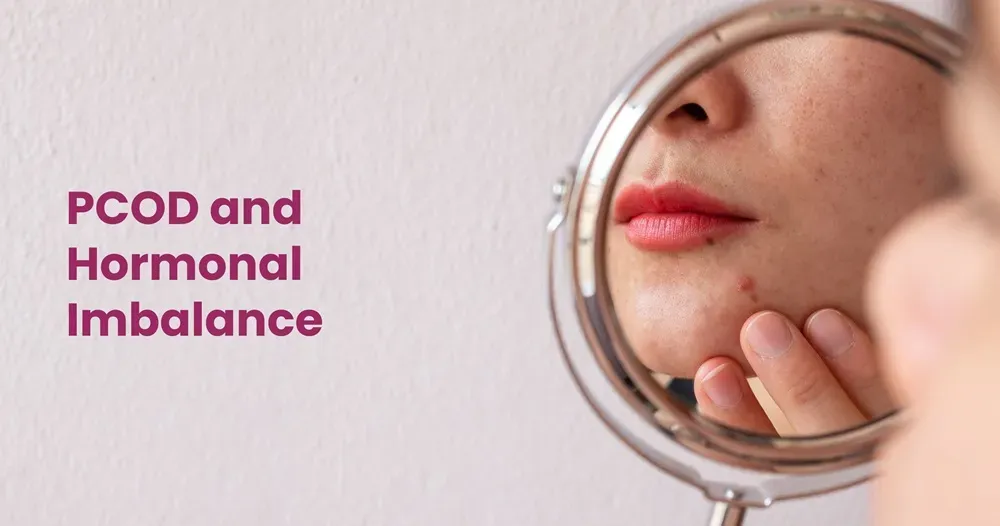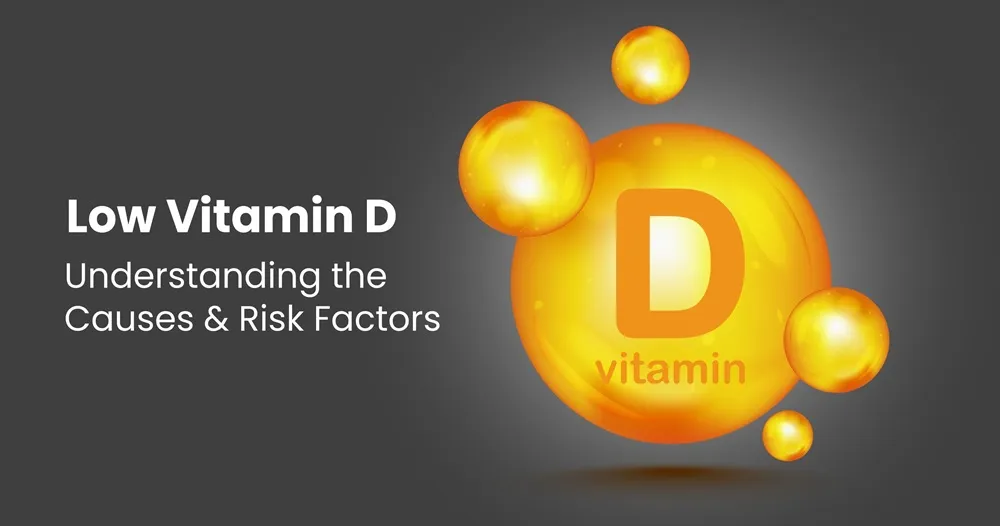What effect does thyroid have on cholesterol
Jun 04, 2020

The thyroid gland is one of the key regulators of the human body. Hormones secreted by the thyroid gland modulate cholesterol synthesis and metabolism through a variety of interactions.
Over the years, cholesterol has earned a notorious reputation as one of the key causes of heart disease. It is common knowledge that excess of cholesterol in the human body leads to clogging of arteries and formation of plaques. One of the essential functions of thyroid hormones is to assist the liver in processing and metabolizing cholesterol, thus keeping it in check.
The Link between Cholesterol and Thyroid
Cholesterol is actually a waxy fat that helps in stabilizing and building cell membranes. Since cholesterol is non-soluble in water, it travels in the form of lipoproteins:
High-density lipoprotein (HDL) cholesterol: Widely known as the good cholesterol, HDL cholesterol helps protect you against heart disease.
Low-density lipoprotein (LDL) cholesterol: LDL cholesterol is popularly called the bad cholesterol as its increased levels can lead to clogged arteries and increased risk of heart attacks.
The metabolism of cholesterol is carried out in the liver, which serves dual functions. It synthesizes cholesterol for the body's use and also eliminates excess cholesterol from the body by converting it into bile. This synthesis and metabolism of cholesterol is regulated heavily by T3 and T4 thyroid hormones.
Hypothyroidism and Cholesterol
In cases when thyroid is underactive, the body suffers from a condition called Hypothyroidism. When T3 and T4 hormone levels fall in the body, metabolism slows down. While the patient presents with symptoms such as excessive sleep and weight gain, the liver also decreases the pace of metabolism of cholesterol.
slows down. While the patient presents with symptoms such as excessive sleep and weight gain, the liver also decreases the pace of metabolism of cholesterol.
 slows down. While the patient presents with symptoms such as excessive sleep and weight gain, the liver also decreases the pace of metabolism of cholesterol.
slows down. While the patient presents with symptoms such as excessive sleep and weight gain, the liver also decreases the pace of metabolism of cholesterol.Regular screening for cholesterol is very important for patients with hypothyroidism. Studies have shown that patients with TSH levels above 5 mIU/L demonstrate a higher total cholesterol and LDL level in their blood. Since this cholesterol is no longer metabolized correctly by the body due to a deficiency of thyroid hormones, it accumulates in body and blood vessels. This in turn can lead to increased risk of atherosclerosis and heart disease. It can also lead to the formation of blood clots in arteries and veins across the heart, brain, kidney and lungs.
Hyperthyroidism and Cholesterol
When thyroid hormones increase excessively, the condition is referred to as hyperthyroidism. While in theory, it may seem beneficial to have lower LDL and total cholesterol levels, hyperthyroidism can cause them to fall to dangerously low levels. This not only destabilizes the normal functioning of body cells, but also has the potential to trigger acute eye and heart complications. It is also a risk factor for Graves's disease, an autoimmune type of hyperthyroidism.
Impact on Cardiac Health
Cardiac well-being is the most fundamental pre-requisite in leading a healthy life – and both blood cholesterol levels and thyroid hormones play a crucial role in ensuring sound heart health.
It’s a well-known fact that elevated levels of cholesterol for a prolonged period of time leads to formation of hardened plaques on the walls of blood vessels, giving rise to restricted blood flow, a situation that can fast develop into a fatal heart attack if not treated immediately.
On the other hand, thyroid hormones are also responsible for the metabolism of cholesterol in the body. Both hypothyroidism and hyperthyroidism conditions are marked by significant deviation of TSH levels from normal causing the LDL (Low Density Lipoprotein) to either increase alarmingly or drop below permissible levels, thereby making one susceptible to several health complications.
Therefore, it’s important to keep an eye on both heart health and thyroid well-being to ensure a healthy life. At Apollo Diagnostics, we are backed by advanced laboratory technologies and highly qualified technicians to deliver trusted health reports always. To book your Thyroid and Lipid Profile, call 9205478479 or visit www.apollodiagnostics.in
Related Blog Post
Blog Categories
- Child Health
- Mens Health
- Women's Health
- Mental Health
- Health Myths & Facts
- Fitness
- Nutrition/Recipes
- Remedies
- Weight Management
- Stress Management
- Health Supplements
- Addiction Management
- Disease Management
- Allergy
- Anemia
- Arthritis
- Asthma
- Autoimmune Diseases
- Blood Pressure
- Cancer
- Deficiencies
- Dengue/Malaria/Chikungunya
- Diabetes
- Eye Problems
- Heart Diseases
- Hepatitis
- HIV/AIDS/STD
- Hormonal Imbalance
- Infection/Flu/Viral
- Kidney
- Liver
- Menstrual Problems
- Pregnancy
- Skin & Hair Problems
- Stomach Ailments
- Thyroid
- Others
- Health Checkups
- Diagnostics/Pathology
- Lifestyle & Wellness
- Covid
- Medical Tests
- Cholesterol
- Health Tips
- Parent Care/Old Age
- Lungs
- Food Intolerance








